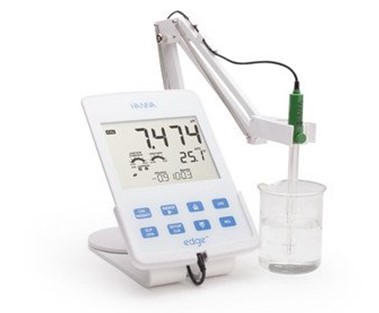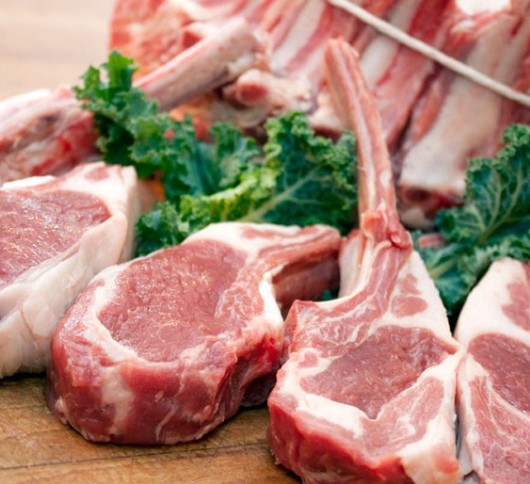Livestock industries in Australia and Indonesia are working together to limit the spread of disease

The Australian livestock industry will work with Indonesian feedlots to help protect their facilities from disease entry and subsequent trade disruption through a biosecurity support project co-funded by the Australian government and Meat & Livestock Australia (MLA).
The Australian Government recently awarded an initial $500,000 grant to Pastoralists Australia (MLA). As part of this investment, the MLA will be responsible for coordinating Australian industry support for the Indonesian feedlot sector's emergency response to foot-and-mouth disease (FMD) and lumpy skin disease (LSD).
MLA Managing Director Jason Strong said that while foot-and-mouth disease has been a threat to the industry for over 100 years, its recent discovery in Bali confirms how vigilant one needs to be. “The risk of potential disease entering Australia is always at the heart of our industry priorities, which is why we have some of the most stringent biosecurity protocols in the world and well-established plans to combat them,” said Mr Strong. “Along with stricter biosecurity measures at the border from the federal government, the MLA will coordinate support on the ground to help our Indonesian counterparts counter this threat. This will be done through vaccination and livestock identification and tracing guidelines, as well as education and communication plans. Besides, we will support improved data collection and reporting systems in Indonesia. The MLA will also develop appropriate tools, resources and strategies to enable local commercial operators to effectively deal with the challenges of disease transmission. Indonesia has long been an important and major trading partner for Australia in red meat and livestock. The country is Australia's largest export market for live cattle and the fifth largest export market for beef. This comprehensive biosecurity support project will bring mutual benefits to all parts of the Indonesia-Australia value chain, including small livestock farms in Indonesia, the MLA said. The MLA will also develop appropriate tools, resources and strategies to enable local commercial operators to effectively deal with the challenges of disease transmission. Indonesia has long been an important and major trading partner for Australia in red meat and livestock. The country is Australia's largest export market for live cattle and the fifth largest export market for beef. This comprehensive biosecurity support project will bring mutual benefits to all parts of the Indonesia-Australia value chain, including small livestock farms in Indonesia, the MLA said. The MLA will also develop appropriate tools, resources and strategies to enable local commercial operators to effectively deal with the challenges of disease transmission. Indonesia has long been an important and major trading partner for Australia in red meat and livestock. The country is Australia's largest export market for live cattle and the fifth largest export market for beef. This comprehensive biosecurity support project will bring mutual benefits to all parts of the Indonesia-Australia value chain, including small livestock farms in Indonesia, the MLA said. Indonesia has long been an important and major trading partner for Australia in red meat and livestock. The country is Australia's largest export market for live cattle and the fifth largest export market for beef. This comprehensive biosecurity support project will bring mutual benefits to all parts of the Indonesia-Australia value chain, including small livestock farms in Indonesia, the MLA said. Indonesia has long been an important and major trading partner for Australia in red meat and livestock. The country is Australia's largest export market for live cattle and the fifth largest export market for beef. This comprehensive biosecurity support project will bring mutual benefits to all parts of the Indonesia-Australia value chain, including small livestock farms in Indonesia, the MLA said.























































